
Advice for adults who’ve been victims of sexually coerced extortion or ‘sextortion’
In our interconnected world, the internet has transformed the way we live, work, and connect with others. However, this digital landscape is not without its dangers, and one such threat that can deeply impact on individuals is online sexual extortion or ‘sextortion’. If you find yourself as a victim of this distressing crime, please know that you are not alone, and there is support available to help you navigate through this challenging situation.
Sextortion happens when an individual manipulates, coerces, or threatens a person into providing sexually explicit images or videos, and then uses these materials to extort or exploit them further.
Our analysts at the IWF are receiving increasing reports of this type of crime. Sometimes the blackmailer shows the victim a compilation of images which includes the original nude or intimate image which was first shared, plus the victim’s social media accounts, friends and family lists, as well as falsely accusing the victim of crimes that they haven’t committed.
This guide aims to provide crucial guidance to adults who have fallen victim to online sextortion. It seeks to empower you with practical steps to take, essential resources, and strategies to safeguard your well-being and reclaim your sense of security.
Additionally, this guide will provide guidance on seeking emotional support and professional assistance to help you cope with the aftermath of online sextortion. We will direct you to helplines, counselling services, and organisations specialising in victim support, ensuring you have access to the care and guidance you deserve.
Remember, you are not at fault for the actions of others, and it is crucial to prioritise your safety and well-being.
We also offer advice for parents/carers and young people.
Recommended steps if you’re an adult who has been a victim of sextortion or online blackmail
- Preserve evidence if possible: Save messages and record any communication related to the incident. This evidence can be valuable for legal purposes and reporting the crime. Note that sending images or videos showing child sexual abuse by any means is criminal and may result in prosecution.
- Stop all communication: Discontinue any interaction with the extortionist and block them on all platforms to prevent further manipulation or harassment. If they have been communicating on an app, there should be in-built tools to block and report the user. Report Harmful Content offers helpful advice.
- Do not pay any money or meet any further demands: Although paying the blackmailer may seem a good way to stop the extortion, they will likely continue to ask for more payments or further demands.
- Report the incident: Contact your local law enforcement agency and provide them with the evidence and details of the sextortion incident. They can guide you on the necessary steps to take. Victim Support offers advice on reporting a crime to the police.
- We recommend contacting The Revenge Porn Helpline. They are a support service for adult victims of intimate image abuse living in the UK. This includes those who have had private sexual images shared without consent, threatened to be shared without consent, or taken without consent. The helpline also provides advice and information to those targeted by sextortion and webcam blackmail.
- StopNCII.org (Stop Non-Consensual Intimate Image Abuse) is operated by SWGfL and the Revenge Porn Helpline. The StopNCII.org tool works to generate ‘hashes’ from your images and videos – think of them as unique digital fingerprints for your exact image or video. Duplicate copies of the image all have the exact same hash properties. StopNCII then shares the hash with participating companies (including Facebook, TikTok, Instagram etc.) so they can help detect and remove the images from being shared on these platforms.
- We recommend stopping all communication with anyone who is blackmailing or threatening you.
- Reach out for emotional support - being targeted by these blackmailers can be a distressing and upsetting experience, we encourage those affected to reach out and speak to friends and family, or emotional support services, about how this has made you feel.
- Finally - remember - this is not your fault. The person trying to blackmail or sexually extort you is the one who is in the wrong.
Sextortion help for adults
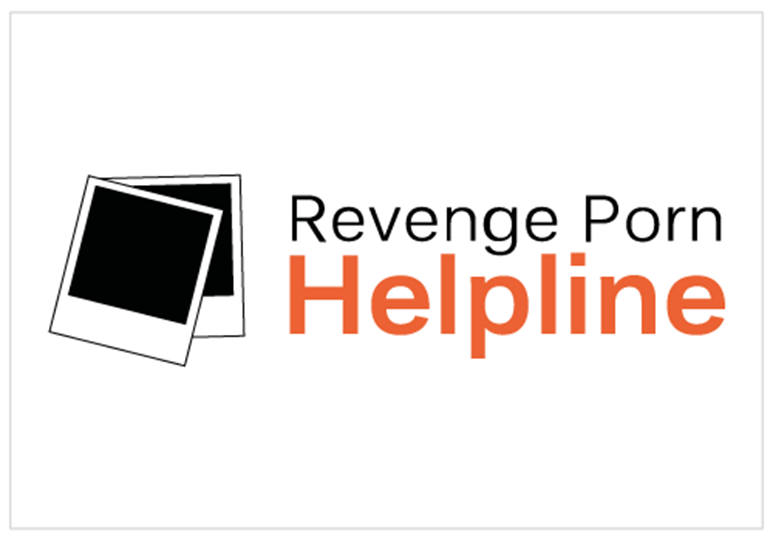
The Revenge Porn Helpline can support adults (aged 18+) who are experiencing intimate image abuse, also known as revenge porn.
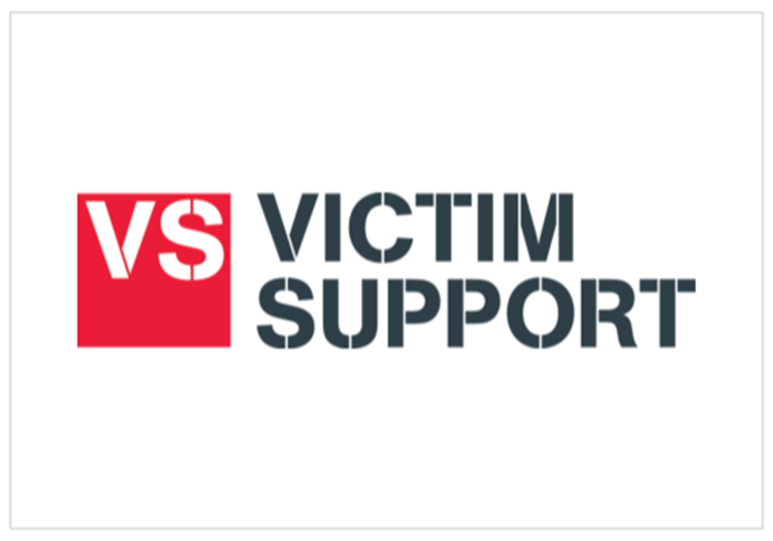
Victim Support is an independent charity dedicated to supporting victims of crime and traumatic incidents in England and Wales.
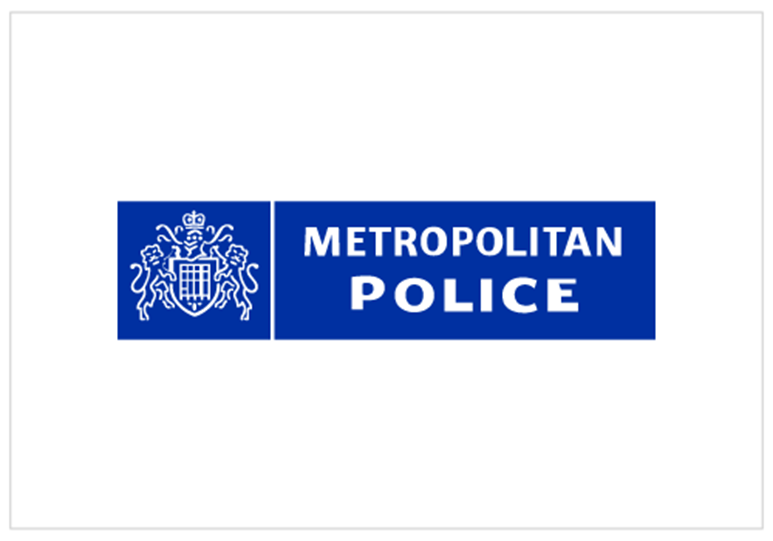
Advice from the Met Police on what sextortion is and what to do if you've been targeted.
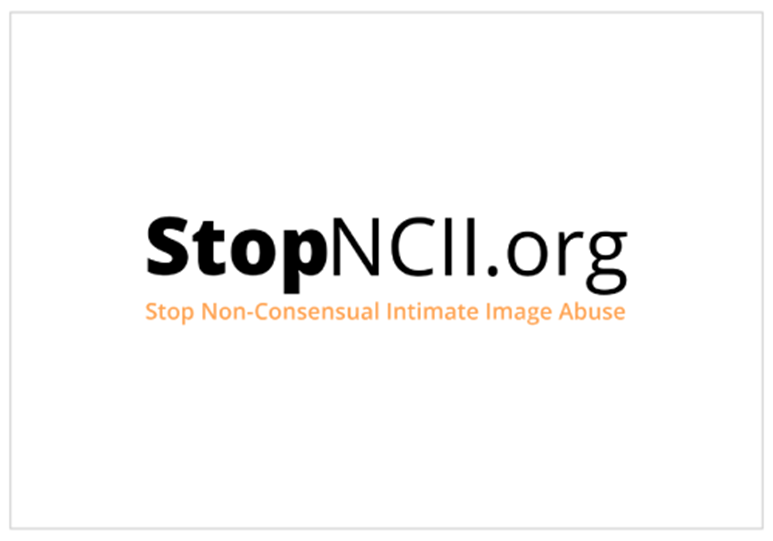
StopNCII.org helps people have non-consensual intimate images (nudes, explicit images etc.) removed from the internet.
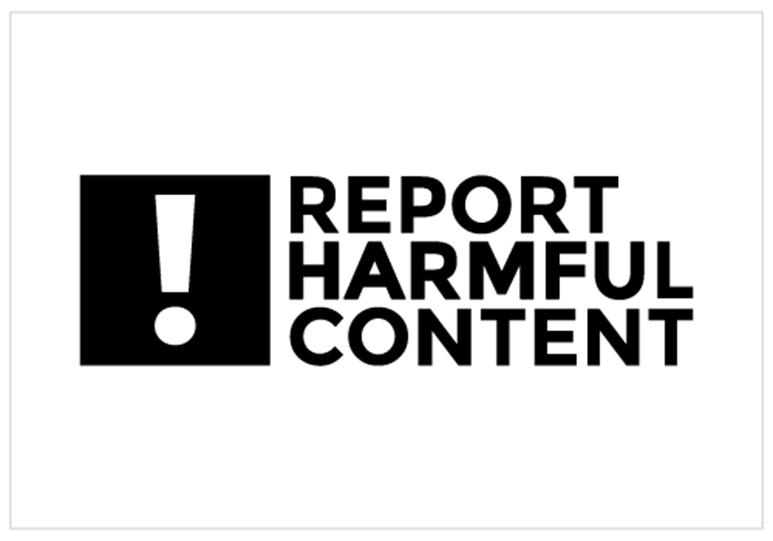
Report Harmful Content can help you to report harmful content online by providing up-to-date information on community standards and links to the reporting facilities across multiple platforms.
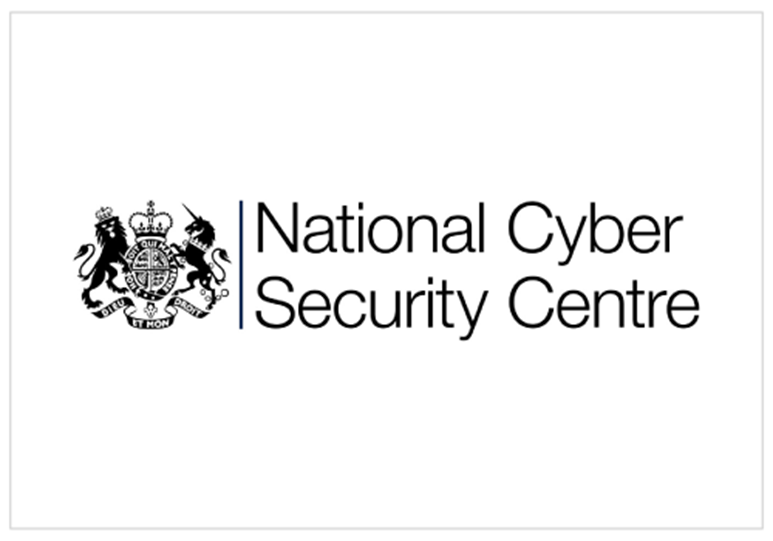
A helpful guide from the National Cyber Security Centre on how to protect yourself from sextortion phishing scams.
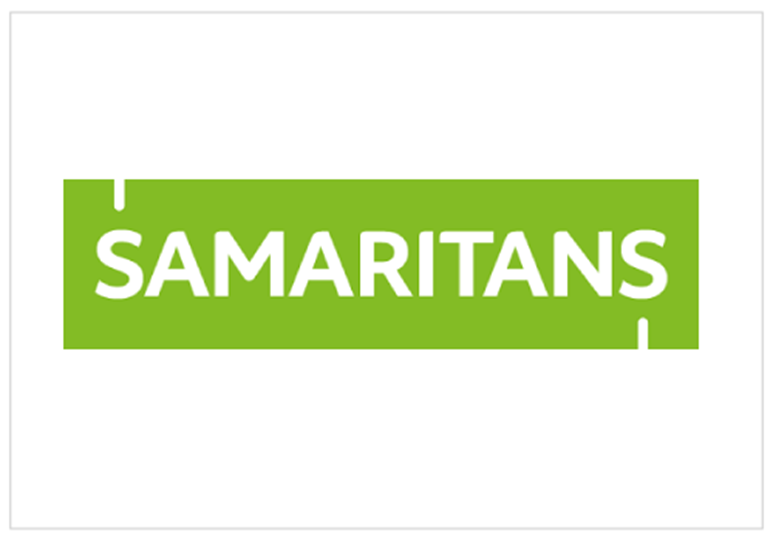
Samaritans offer a non-judgemental person to talk to. Call, email or live chat with them anytime. Call free on 116 123.
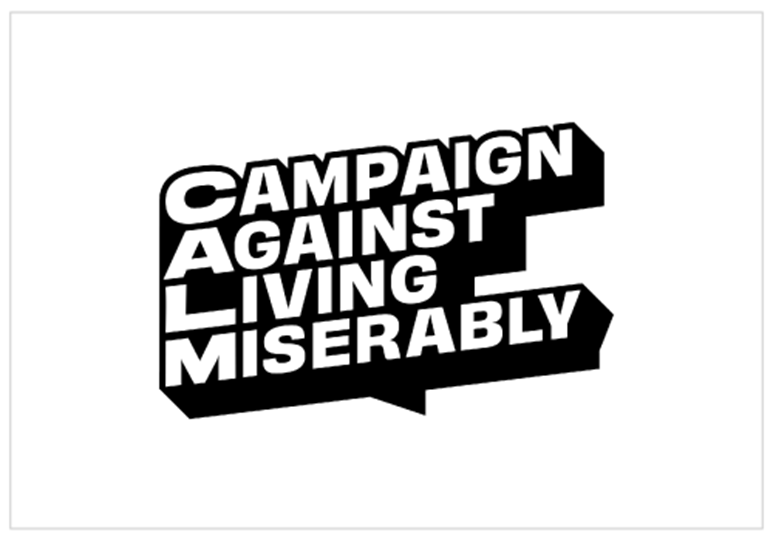
CALM (Campaign Against Living Miserably) offer support for people over the age of 15 who are having suicidal thoughts or feelings. Open from 5pm to midnight every day of the year: 0800 58 58 58
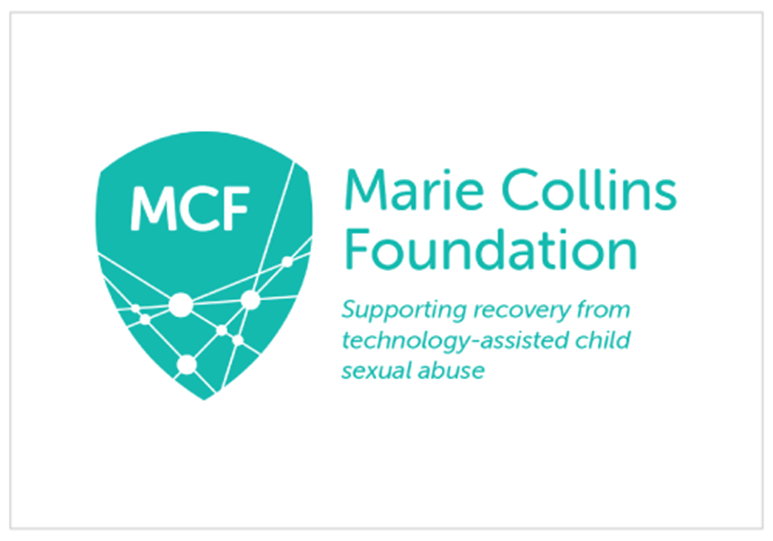
The Marie Collins Foundation offers free support for victims and survivors of sexual abuse. Specialist staff can offer someone to talk to, support and practical advice.
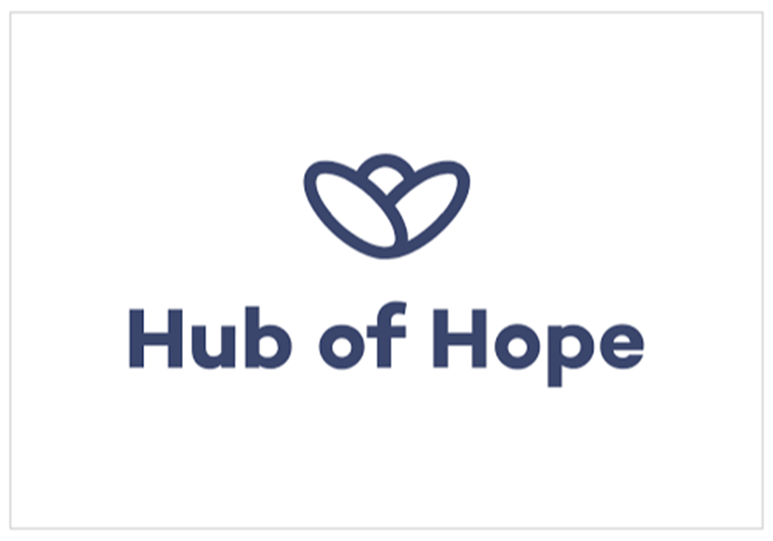
Hub of Hope offers a database of mental health support organisations for people experiencing mental and emotional distress.
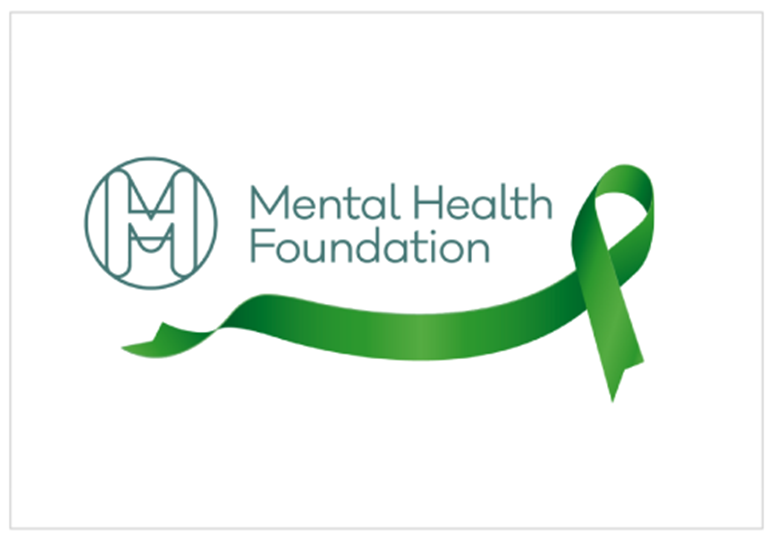
The Mental Health Foundation offers guidance on how to look after your own mental health or support someone who is having mental health problems.
Services and links on this page are for information purposes only and not in any way endorsements or recommendations of the specific service. Please see our Website Terms of Use for more information.